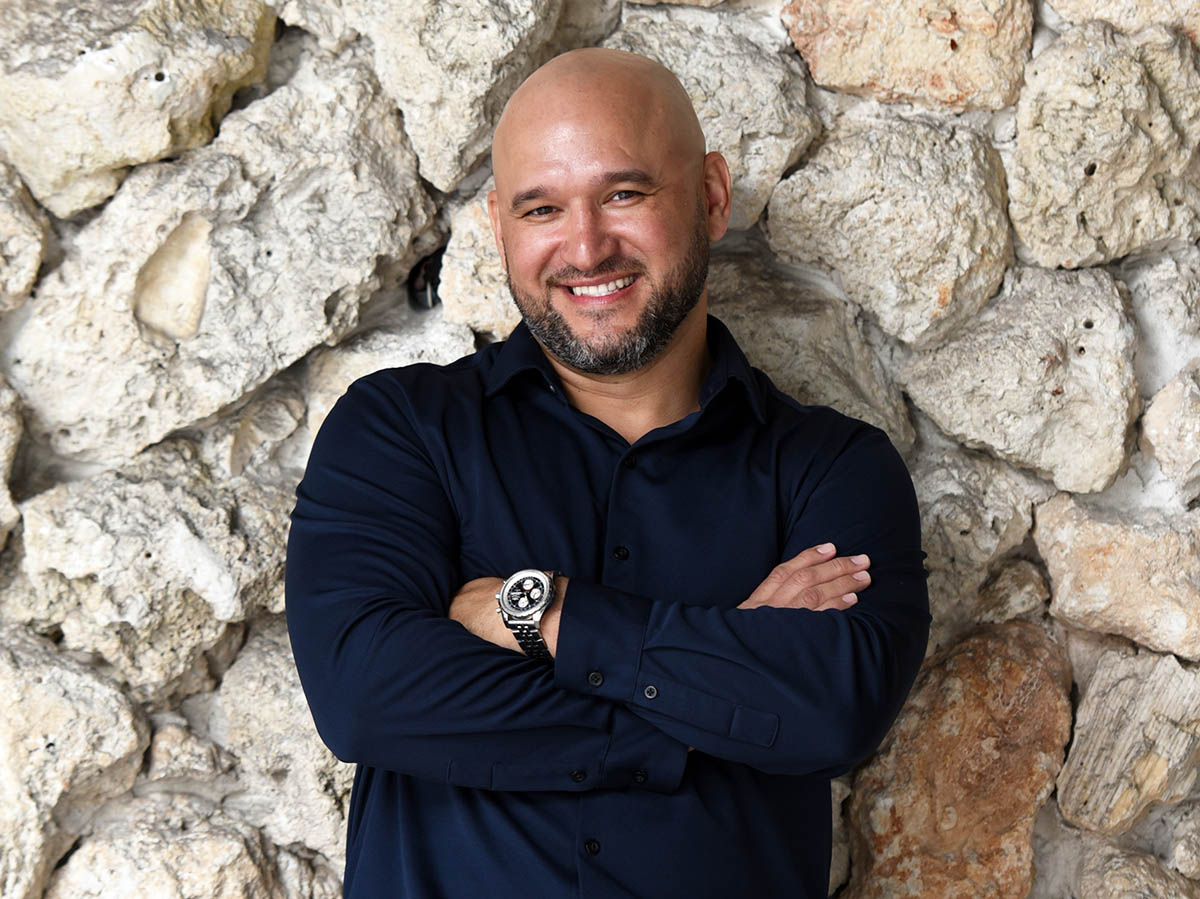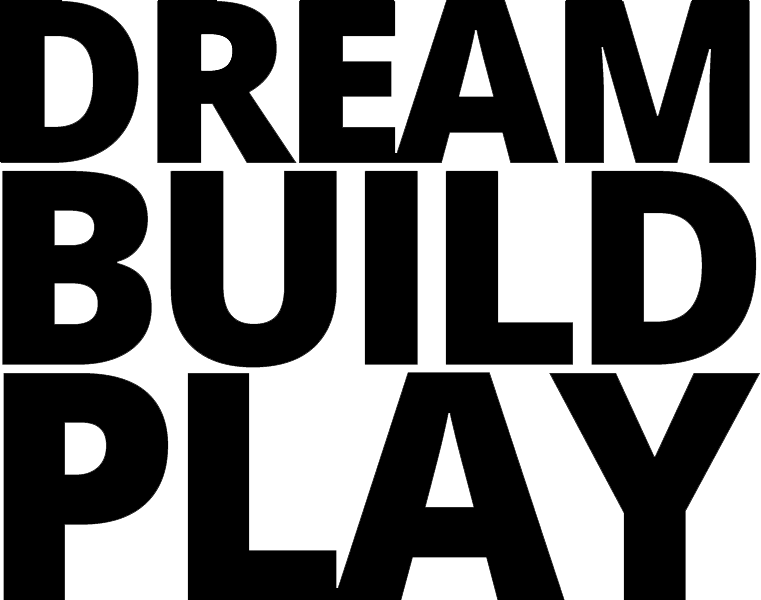The founder of The New Yachts Company offers a fresh perspective on the state of the US client pool…
Our collaboration with Barin Cardenas was, in many ways, fortuitous.
When we were evaluating candidates for the Industrialist section of The Superyacht Americas Report, Barin’s latest superyacht concept, Maharani, designed by Vripack, was gathering serious traction among clients.
Having analysed how he has marketed and promoted Maharani,
and understanding Cardenas’s approach to engaging with a new generation
of client at a time when the industry finds itself suffering from an
identity crisis of sorts, he was the perfect choice for a candid and
honest conversation.
WM: Barin, in many ways,
you’re leading the charge in terms of attracting next-generation North
American clients to our industry. Recent top-level numbers have brought
into stark contrast just how important this expansion of the client pool
is, so how pointed do you feel the client shortfall is?
BC:
I’m a little concerned, to be honest. I’ve been in the yachting
industry for 18 years, and when I first started we were still on dial-up
Internet; boat buyers looked to brokers, dealers and magazines for
information. Relationships were earned by direct contact, either in
person or by phone, and then the Internet came along and [the industry
wasn’t] prepared. Information, correct or not, became readily available
online and clients became harder to construe. They started communicating
via email, and that all too important personal touch slowly started to
erode. Yes, it affected all industries, but for our tight little
industry, which was shrouded in mystery and all about personality, who
you know and what you can bring to the table, when you look at how far
the world has come since, ours hasn’t really come along far enough.
WM: As
an industry, what we sell is pleasure but I’m not convinced enough
people involved in the lifecycle of the vessel know how to convey that.
BC:
We’re a very proud industry, and it’s about ‘quality, quality,
quality’. But ‘quality’ is a relative thing. Quality to me is defined by
how well something works at its intended purpose and for how long will
it do that, but all too often in our industry, quality is a way of
saying ‘our yacht will break down less’. While we as an industry are
fixated on that, it’s somewhat irrelevant to buyers. They want to buy
something that works, and they don’t care about us harking on about how
high the quality is because when they pay millions for something, they
expect it to work. For our industry, it’s about being the ultimate
entertainment experience. That’s where some yards outwit and outsell
other yards that have better construction methods and better quality,
because they wholeheartedly understand that what we sell is
entertainment, and they place an emphasis on the user experience. Make
products that work for their intended purpose and make the experience of
owning them a fantastic one.
WM: You and I are
lucky enough to go on a lot of these boats, and we can become numb to
the quality of the fixtures, fittings and finishes. But you know when
you walk on a great boat because you can instantly imagine the
experience you’d have on board. And the new generation of clients invest
in that experience, but I feel we’ve been slow to adapt to that shift.
BC:
We need to listen more and make that specific client’s dream come true.
If the client wants a dramatic design, we give them drama; if they want
a zen boat, we have to try and give that to them; and if they want a
boat that goes incredibly fast, we have to build a fast boat. We have to
satisfy the product needs, but we also have to tailor the discovery and
build experience to match the desire, and if we can do that the
industry grows.
WM: So is that the modus operandi for The New Yachts Company?
BC:
I wasn’t born out of wealth, so I wasn’t really exposed to it until
later in life. I got a college job that allowed me to attend some
exclusive events in South Florida, and I got to see what you could do
with money. It wasn’t about buying things; it was about the experience
you could attain with wealth, and this resonated with me.
When I
first got into yachting, I had a chance to get involved in the creative
process and customise boats for clients. So it’s always been in me to be
receptive to the client and their needs; because I was young, I never
told them how it should be done, just because that’s how it had always
been done. And that was the perfect recipe for me to learn how to truly
listen for what our clients desire, not just what they say.
“I never told clients how it should be done, just because that’s how it had always been done. And that was the perfect recipe for me to learn how to truly listen for what our clients desire, not just what they say.”
I moved into brokerage, but I have always focused on new
construction. I’ve done 60-something builds – small, large – in Taiwan,
China, Italy, Northern Europe, America – from sportfish boats to
superyachts. And when you spend so much time on such different projects,
you learn a little bit from all of these. For me, it became a question
of what we could do to specialise in, and enhance, the new-build
process.
WM: And, ultimately, your aim is to improve the owner experience?
BC:
One-hundred per cent, but not just once the yacht is in the water. Our
philosophy is to make each phase of the ownership process exciting –
from the discovery process, through construction and to delivery. It’s
what we call Dream, Build, Play. I feel strongly that if more builders
and brokers bought into that, [the industry] would be pushing more
units.
WM: That ties in nicely with your concept of ‘human-centred design’ that underpins Maharani. Can you tell me what inspired it, and what it encompasses?
BC:
We’ve long championed creating yachts to please the five senses. This
is where we go area by area in a yacht and ask ourselves what do we see,
hear, feel, smell, and how close is food and drink? This is a simple
test that leads to something feeling just right, whether we like the
decor or not. We see Vripack’s ‘human-centred design’ as an extension of
this philosophy where we ask ourselves, ‘what does our owner want to
feel?’. Start with that most basic desire and create for it. With Maharani the feeling was intuition.
We
originally launched the PRIME Megayacht Platform in 2016, with Next by
Azure Yacht Design as the first design to join our collection. Shortly
afterwards, we began developing an equally trend-setting sub-100-foot
boat for a separate client, this time with Vripack where Bart and Marnix
introduced us to Virtual Reality. We quickly discovered that VR is an
amazing product-development tool, because although the renderings and
GAs looked amazing, when you walked the main deck [using VR] it just
didn’t feel right. We were able to feel spaces and see angles that would
otherwise have been impossible to note until well into a build. The
experience was powerful enough to make us redesign that deck and it was a
great call.
“We quickly discovered that VR is an amazing product-development tool, because although the renderings and GAs looked amazing, when you walked the main deck [using VR] it just didn’t feel right. We were able to feel spaces and see angles that would otherwise have been impossible to note until well into a build.”
WM: You have a really keen insight into the North American client demographic. What’s your interpretation of the market at the moment?
BC: Politics aside, the economic feeling is one of stability. Recent tax-law changes have brought about new opportunities and, more importantly, new potential boaters. With yachts, people don’t necessarily think about buying boats when they’re making money. In a downturn, our clients are buying assets at a discount to expand for the future, and in an upturn, they ride those investments. It’s when things are stable and there’s nothing to grab their attention elsewhere that they consider the elite entertainment that we offer in yachting.
WM: What’s your prediction for the short- to medium-term trajectory of the market, and the future of the industry as a whole?
BC: If we continue in the way we are now, I don’t see a dramatic shift because there’s way too much in the world to distract our clients away from yachting. We should be working closer together to improve our data-sharing, create more yachting options and attract new boaters, but with things as they are, it’s going to be more of the same.
However, there are a few things that, if we change, could dramatically grow our business. Firstly, we should create far more programmes and events aimed at introducing kids and families to the beauty of the ocean. Instil the passion for yachting from an early age through education. Next is how people find and research us online. MLS [Multiple Listing Service] sites are no sexier than used-car listings. We need to do better to present our products in visually compelling formats and in a way people can understand.
Finally, our industry tends to have a perception issue that needs major attention. Owners are often looked down upon as yet another rich guy throwing his money around. This stigma may not be pushing many out of yachting, but may be preventing many from entering. What’s interesting is that new-yacht construction attracts many self-made entrepreneurs. People have worked really hard, risked much, sacrificed more, and got a few lucky breaks along the way to get to the point where they can own their dream. We should celebrate those stories. Let’s celebrate our owners who take a chance on a designer, on a builder, on a team, and – in the process of creating their dream – help thousands of people around them to keep their dreams growing.
Source: http://www.superyachtnews.com/owner/the-industrialist-barin-cardenas



